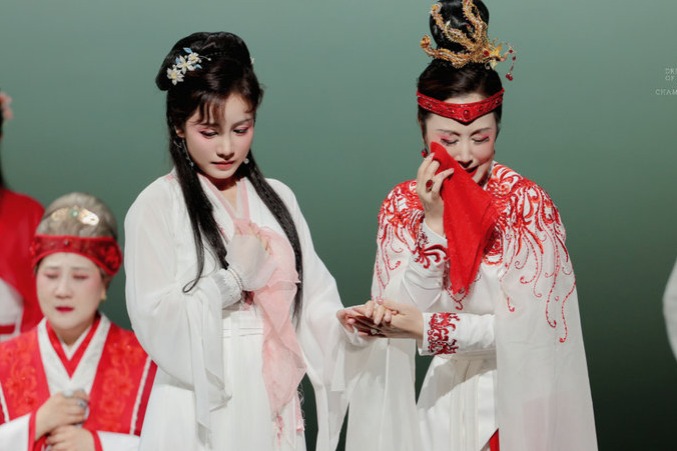Putting the director in the frame


For the writer, there is also a personal reason.
"No matter how many times I visit China, part of my own imagination of 'China' is still deeply tied to the indelible memories from my student days in Nanjing during the early 1990s. Jia's early films, which are also a product of that era somehow were best able to capture the rhythm of life during that unforgettable era," Berry says.
"In those films, Jia was able to single-handedly create some of the most memorable characters in contemporary film (like Xiao Wu and Cui Mingliang), reframe our understanding of realism in Chinese cinema, bring our attention to marginalized figures and locations, offer a deep meditation on the impact of radical social change, and create a new cinematic language," he says.
Growing up in suburban New Jersey in the 1970s, Berry occasionally saw old Chinese kung fu movies on television on Saturday mornings. However, when he was attending graduate school at Columbia University, where his original focus was contemporary Chinese literature, he started watching more Chinese films.
Later, he took courses at the Columbia University's film school with teachers like Richard Pena and James Schamus, the latter of which was Ang Lee's producer and screenwriter.
"Gradually, Chinese cinema became one of the primary aspects of my research," says Berry, who's now director of the UCLA Center for Chinese Studies.
From 1998 to 2003, Berry often served as an interpreter for Chinese filmmakers and writers, such as Mo Yan, Su Tong, Zhang Yimou, Tian Zhuangzhuang and Jia.
While many other established Chinese filmmakers have embraced commercial films, Jia continues making art films, using the medium to raise difficult questions and often explores the possibility of new cinematic forms, Berry writes in the introduction of the book.
"Jia is one of the only directors from that period that has continued for the past 20 years to stay true to his early uncompromising artistic spirit. While others have slowed down, dropped out, or turned commercial, Jia continues to follow a path of artistic innovation," Berry says.




































